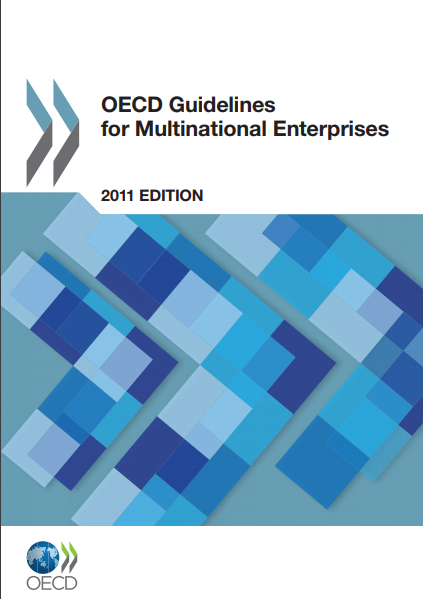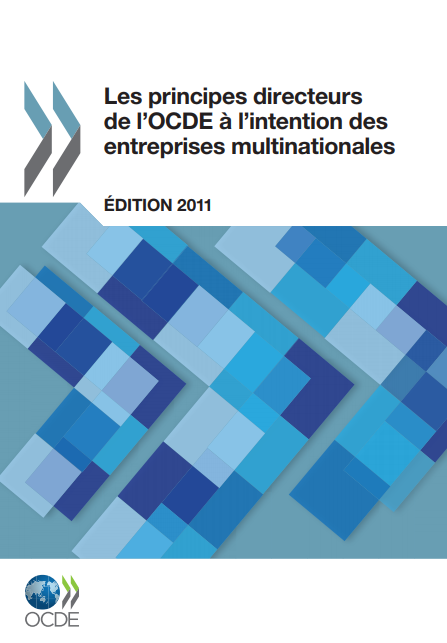OECD Guidelines for Multinational Enterprises. Responsible Business Conduct Matters
Responsible business conduct is an essential part of an open international investment climate. MNE activities often span multiple countries and many cultural, legal, and regulatory environments. This complexity, coupled with the intensely competitive nature of international business, presents MNEs and...


